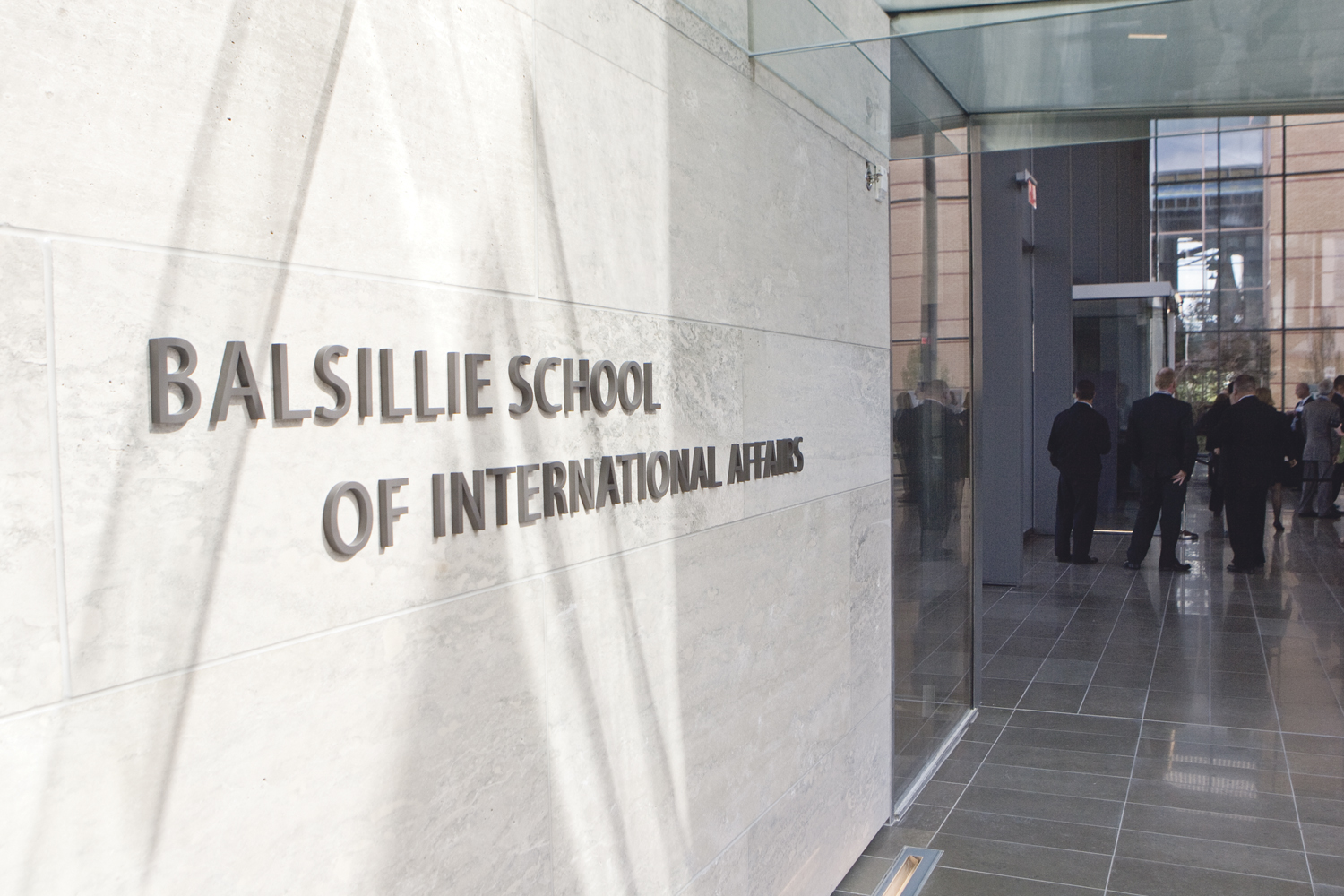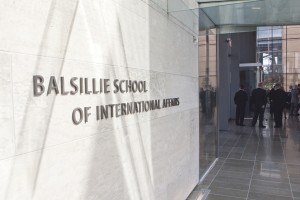Group claims corporate-campuses are ‘dangerous’


The Canadian Association of University Teachers (CAUT) has expressed concerns over a number of campus-corporate collaborations across the country.
CAUT released a report last week, analyzing twelve partnerships between private sector organizations such as think tanks and corporations, funding research and academic programs at various Canadian universities.
The report explained that “when wealthy donors fund a new program or centre, they often want a voice in the academic matters like hiring, awarding of scholarships and faculty choices in research.”
Half of campus-corporate collaborations in Canada reportedly ensured that universities had control over academic matters.
Two partnerships at different universities prohibited professors from having financial interest in the donor organization.
Five deals also guarantee the universities the rights to publish research findings unlimitedly.
These collaborations have generated some concerns at CAUT, who worry about the lack of publicly available documents detailing partnerships and the limitations on publishing rights for universities.
“Collaborations, in themselves, are neither inherently good nor bad,” the report explained.
“The key element is whether the university, in agreeing to the terms of the collaboration, protects the integrity of the institution and of the work its academic staff does or whether it sacrifices the integrity.”
CAUT further asserted that when universities forego control of academic programming, they lose credibility and integrity, assets that any reputable school must possess.
One collaboration analyzed by the CAUT being held as an ideal model for future collaborations in Canada was Waterloo’s Balsillie School of International Affairs.
The Balsillie School, a joint institution headed by both Wilfrid Laurier University and the University of Waterloo and funded by the Centre for International Governance Innovation, is a Waterloo-based think tank created by prominent Canadian businessman Jim Balsillie.
According to the report issued by CAUT, the Balsillie School is an ideal model of these campus-corporate collaborations, because it upholds academic freedom.
The program for instance, has no involvement in the hiring of faculty, the setting of curriculum, or the admission of students.
“Academic freedom is an extremely important value for a school, and even for a private think-tank,” said Fred Kuntz, vice president of public affairs for CIGI. “You’re only as good as your reputation.”
Academic freedom and integrity greatly relates to the accuracy of research conducted and released by institutions partnered with outside organizations.
A related concern is that collaborations with private groups would have an impact on the findings of the research conducted and released.
For instance, CAUT believes it would be a threat to academic freedom if research portraying a donor in a negative light was sheltered from publication or censored in some way.
“We have no interest in false research, we only want to know what the researchers truly think based on their evidence and work,” said Kuntz. “Donations have to come with no strings attached.”
The CAUT report concluded that in the future, Canadian universities must augment their collaborations with outside organizations to increase academic integrity and transparency.
It also detailed a step-by-step guide advising institutions on how to create beneficial collaborations. The report ended by declaring that, if set up properly, collaborations are beneficial to faculty, students, and society in general.

